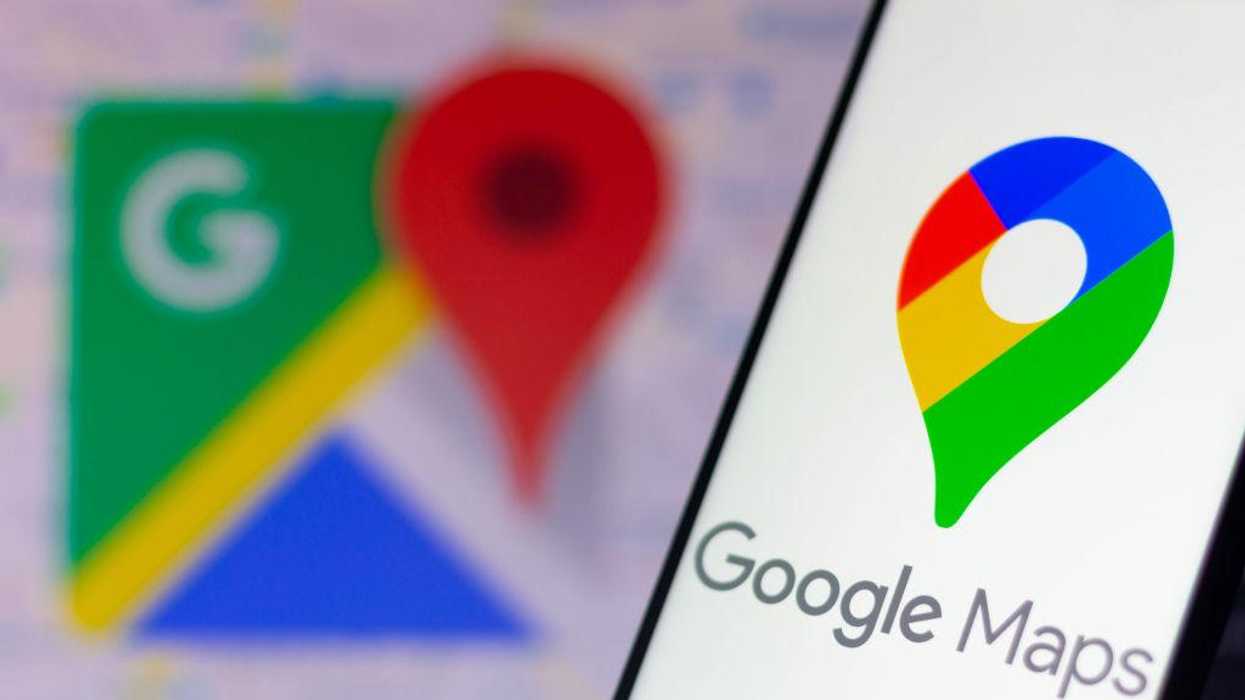
Photo Illustration by Rafael Henrique/SOPA Images/LightRocket via Getty Images

In 2019, police used a broad search warrant to collect the location history of 19 cell phones near the scene of a federal bank robbery in Virginia. Okello Chatrie was sentenced to 12 years in prison on Wednesday based on location data evidence gathered from his phone, the Associated Press reported.
Call Federal Credit Union in Midlothian, Virginia, was robbed in May 2019. The suspect passed "a threatening note" to the teller demanding money. He pulled out a gun and forced the workers to get on the floor. The suspect stole their phones and placed $195,000 in his backpack.
Authorities requested a court-ordered geofence warrant to help find the suspect. This warrant allowed them to collect location data from Google for any phone in the area within a specific timeframe.
Last year, Google released a report detailing how many location-related search warrants it had received, TechCrunch reported.
Google's report stated, "Since the start of 2018, we have seen a rise in the number of search warrants in the United States that order Google to identify users, based on their Location History information, who may have been in a given area within a certain timeframe. These so-called 'geofence' warrants are one subcategory of the total search warrant requests we share in our User Data Requests Transparency Report."
In 2018, Google received 982 geofence warrants. By 2020, the number of location data warrants Google received jumped to 11,554.
A Google spokesperson told TechCrunch, "We vigorously protect the privacy of our users while supporting the important work of law enforcement. We developed a process specifically for these requests that is designed to honor our legal obligations while narrowing the scope of data disclosed."
While police have been granted geofence warrants for years, Chatrie's lawyers are pushing back on the legality of the searches. They argued that these invasive warrants violate the Fourth Amendment's protection against unreasonable searches. His lawyers stated, "It is the digital equivalent of searching every home in the neighborhood of a reported burglary, or searching the bags of every person walking along Broadway because of a theft in Times Square."
U.S. District Judge Hannah Lauck agreed that the warrant violated Chatrie's rights and the rights of the innocent parties whose data was also collected. However, Lauck denied Chatrie's motion to throw out the location data evidence. Instead, the judge found that the authorities acted in good faith and followed set procedures.
Federal prosecutors argued that Chatrie forfeited any expectation of privacy when he opted into the location tracking feature on Google.
Lauck's ruling about the unconstitutional nature of geofence warrants has some privacy advocates hopeful that changes to the law may be coming.